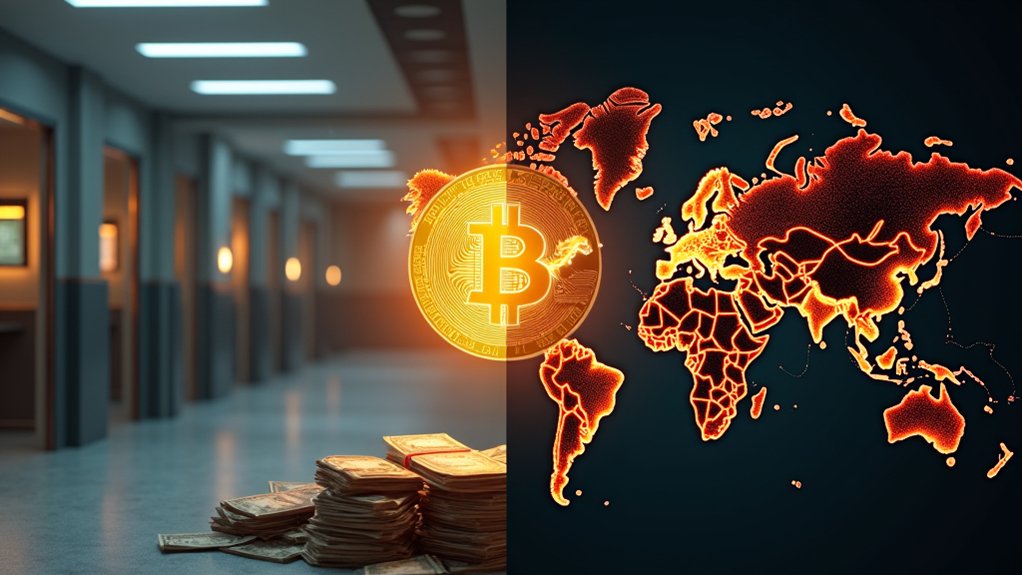While politicians debate what they’re calling “one, big, beautiful bill,” millions of immigrants in the U.S. are facing an ugly reality: a proposed 5% tax on money they send back home. The tax, targeting green card holders and visa workers, could affect over 40 million people and bite into the $93 billion sent abroad annually. So much for the American Dream coming cheap.
The math is brutal. Filipino workers, who pump $15.55 billion into their home country’s economy, would see billions evaporate. Indian families could kiss goodbye to $1.7 billion yearly. That’s a lot of money that won’t make it to grandma’s medication or cousin Raj’s college tuition. The Philippines, receiving 40.6% of worldwide remittances, stands to lose the most from this tax.
Hard-working immigrants face crushing losses, with billions in family support vanishing into thin air through this shortsighted tax grab.
But here’s where it gets interesting. Basic economics tells us people don’t just roll over when hit with taxes – they find alternatives. Enter Bitcoin and cryptocurrencies. No borders. No governments. No permission needed. Just pure, peer-to-peer transfers that laugh in the face of traditional banking restrictions. With blockchain security features providing unalterable transaction records, users can trust their money will reach its destination safely.
The proposal, set to potentially launch in July 2025, might just backfire spectacularly. Rice University scholar José Iván Rodríguez-Sánchez predicts a surge in underground transactions. These remittances often help families start entrepreneurial ventures abroad, like purchasing equipment for small businesses. Because that’s totally what the government wants – pushing legitimate transfers into the shadows. Brilliant plan, folks.
Banks and money transfer companies are sweating. They know their transaction fees might become irrelevant if people switch to crypto. For every ₹1 lakh sent home through traditional channels, ₹5,000 would go straight to the IRS. Meanwhile, Bitcoin transfers cost pennies, regardless of amount.
The irony? A policy meant to generate revenue could instead accelerate the adoption of financial technologies that bypass government control entirely. Middle-class families, already struggling to support relatives abroad, might just decide that learning about blockchain technology beats paying Uncle Sam’s new tax.
U.S. citizens are mostly exempt from this tax. How convenient. But for millions of hard-working immigrants sending money to support basic needs like food, healthcare, and education back home, this policy feels less like legislation and more like a shove toward digital alternatives.





